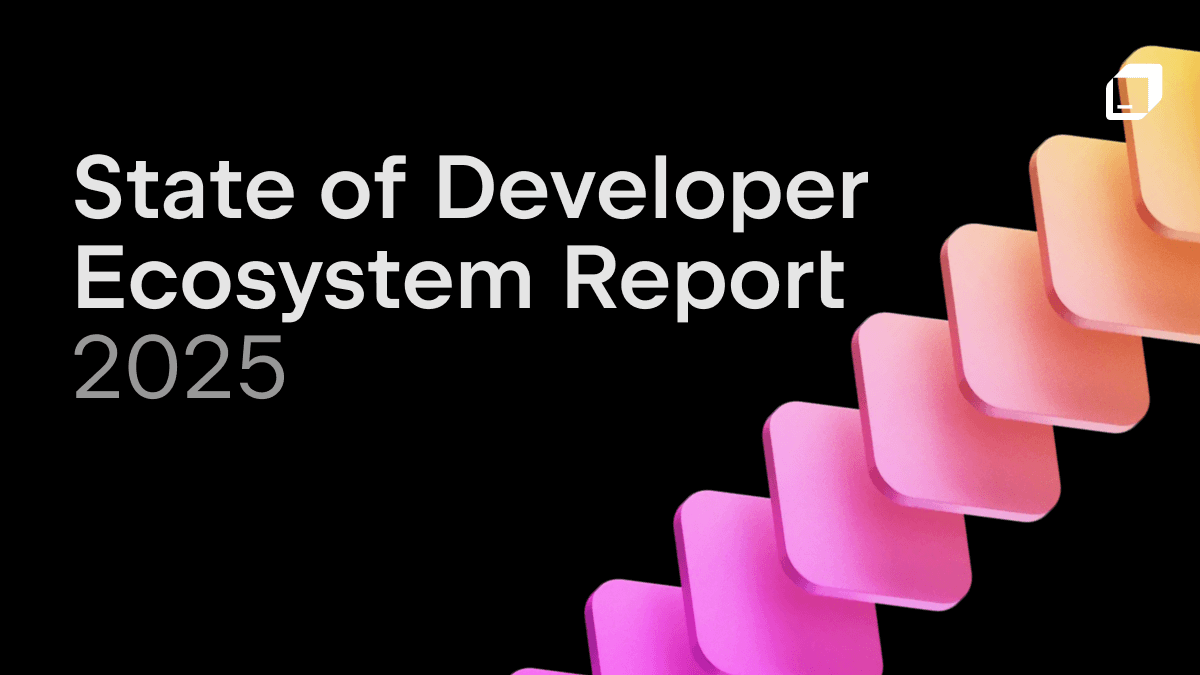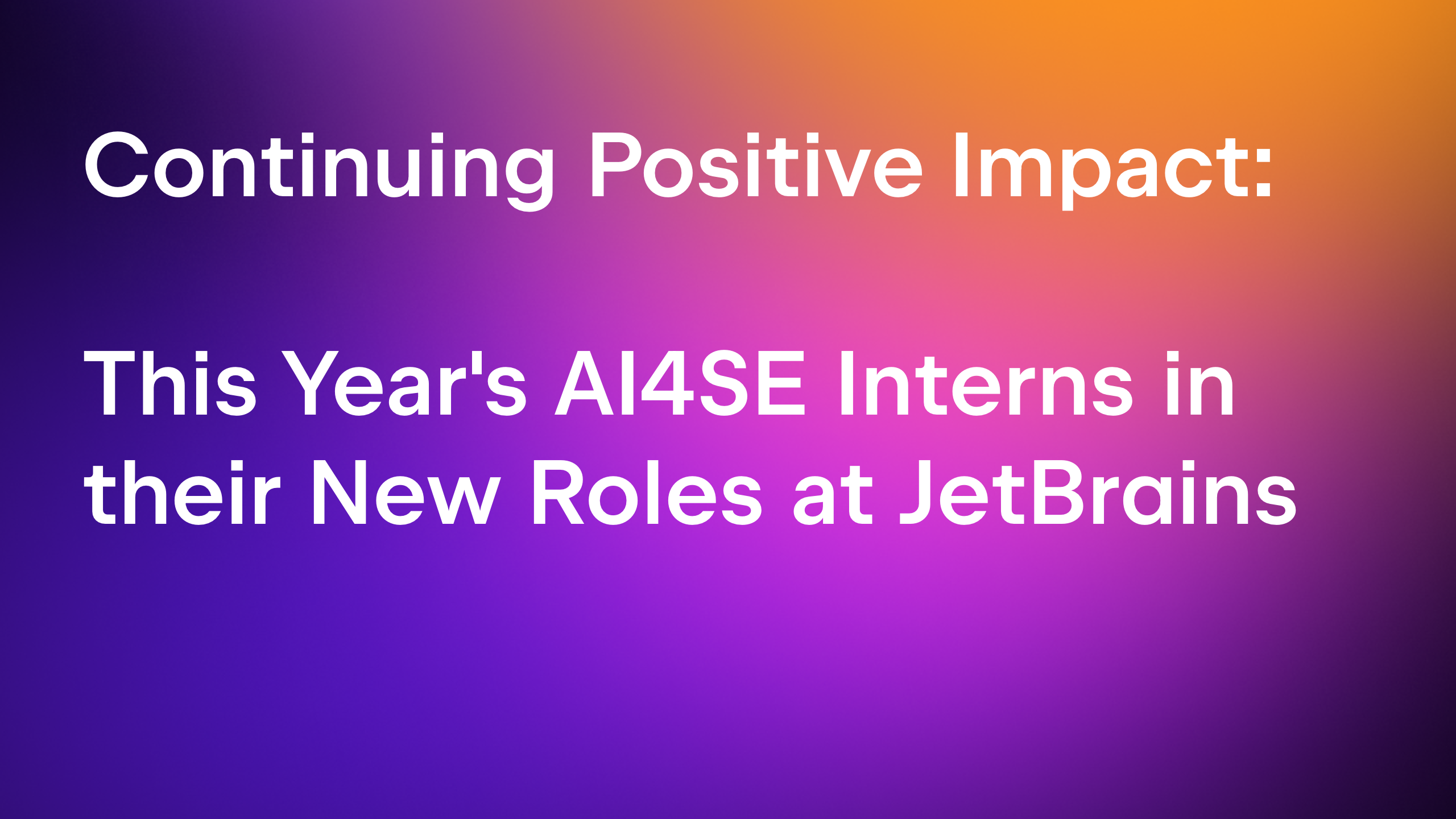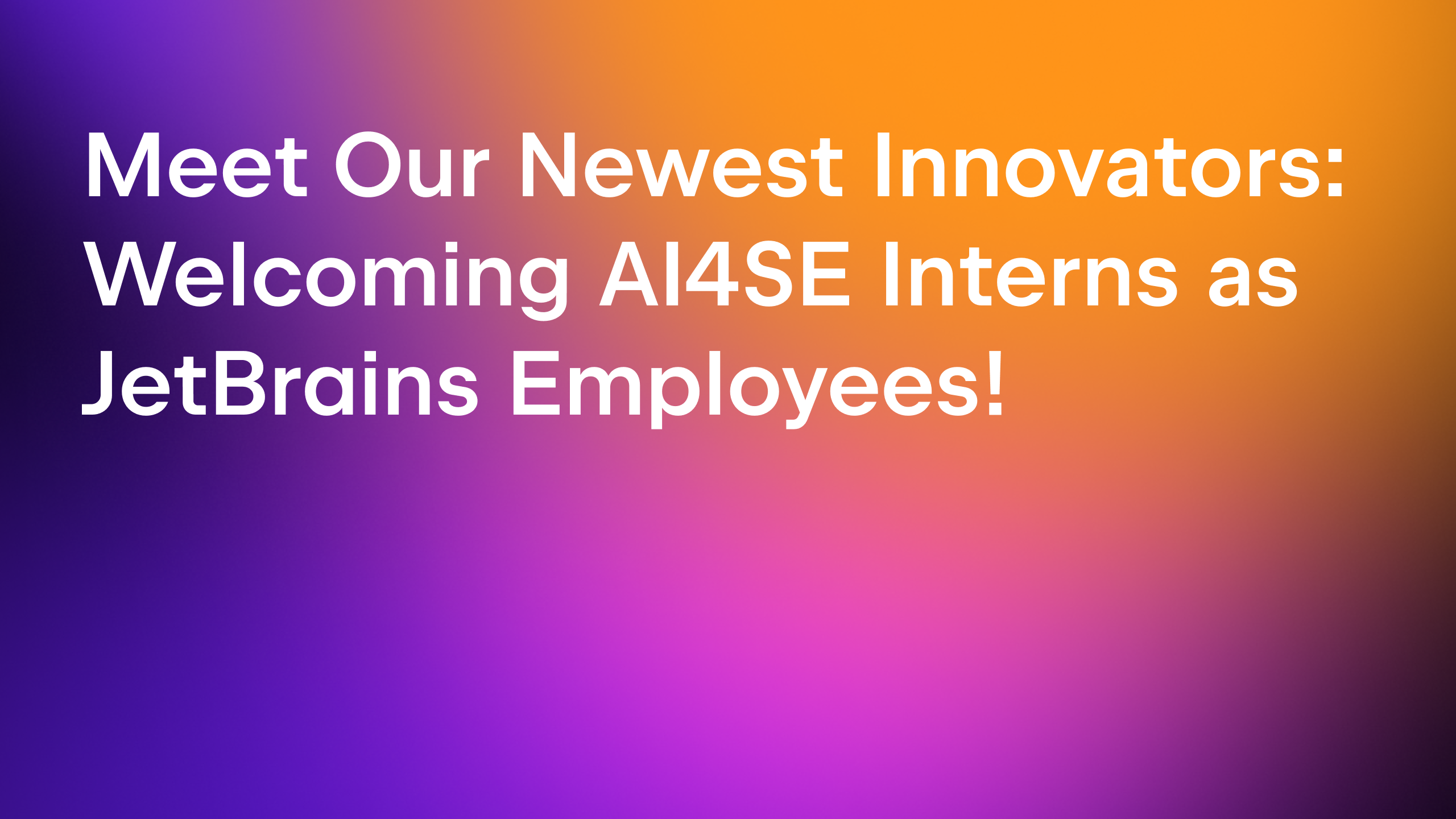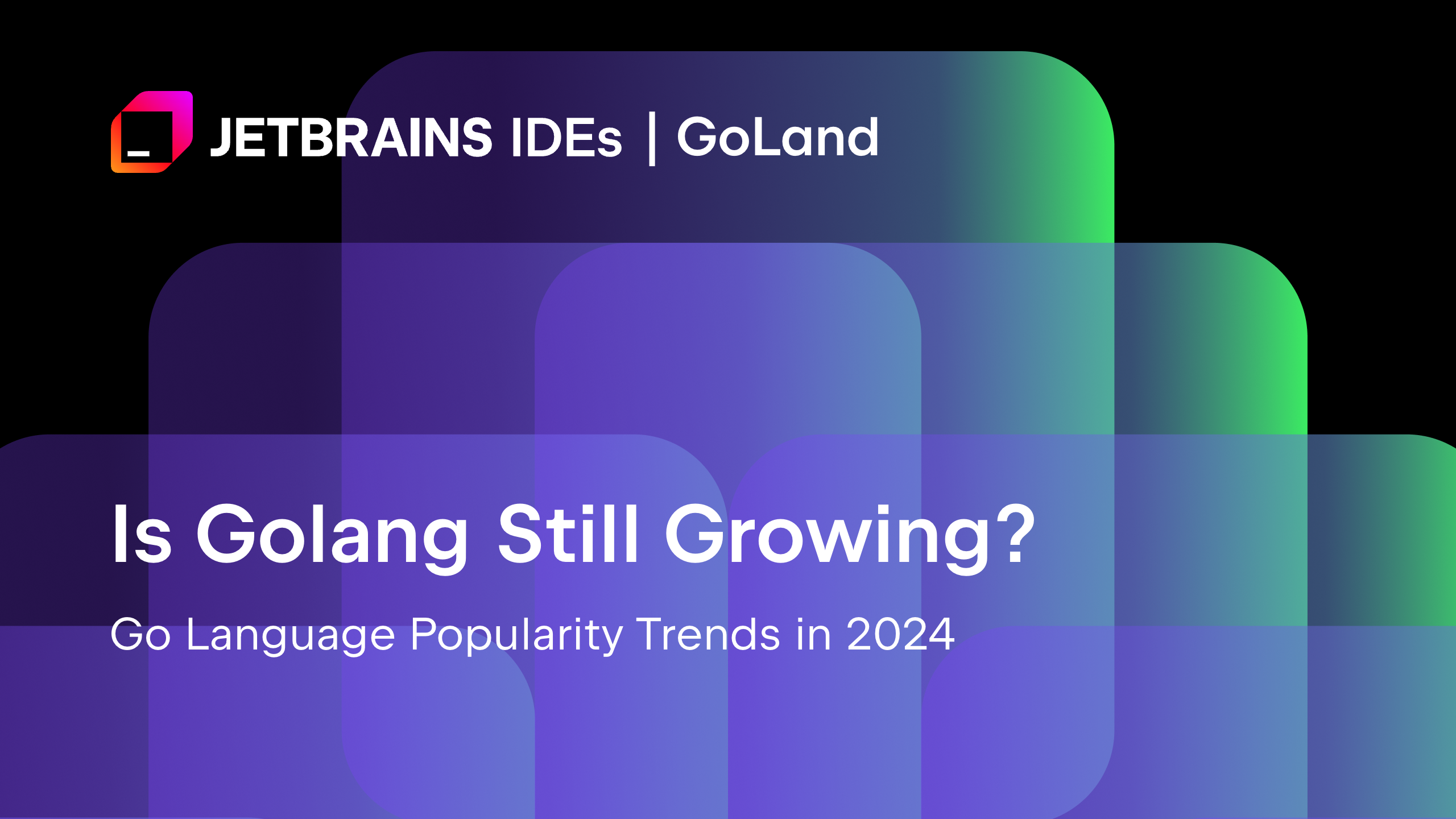JetBrains Research
Research is crucial for progress and innovation, which is why at JetBrains we are passionate about both scientific and market research
JetBrains and TU Delft launch the AI for Software Engineering research partnership
The emergence of advanced AI-driven tools has generated a vast array of opportunities and transformations in both the practical and theoretical aspects of software engineering. Recognizing this evolving trend, JetBrains and Delft University of Technology have joined forces to establish the AI for Software Engineering (AI4SE) research partnership. Through this collaboration, we are determined to pursue cutting-edge research on the impact and utilization of AI methodologies in software engineering. Our areas of attention are eclectic and span the full range of the domain, from software development right through to testing and programming education.

AI4SE consists of five core research tracks in which researchers from JetBrains and TU Delft, as well as PhD students, collaborate on a variety of relevant topics. The research partnership will be run by a joint team of researchers at JetBrains and TU Delft, including Prof. Dr. Arie van Deursen and Dr. Maliheh Izadi from TU Delft, as well as Dr. Vladimir Kovalenko and Dr. Pouria Derakhshanfar from JetBrains.
The Applied Program Analysis, ICTL, and ML4SE labs at JetBrains Research will be involved in AI4SE.
If you’re interested in joining our research team as a PhD student, simply click the links to each vacancy included in the track descriptions to apply.
Track 1: Code Generation for Validation / Code Validation Through Generation
In this track, we’ll look at how to generate code using AI techniques. Our aim is to explore the different strategies for validating AI-generated code and how this kind of code can help developers validate their own manually written code.
Track 2: LLM Adaptation and Optimization
In this track, we’ll cover how to refine generic large language models for code to suit a range of scenarios. The goal is to learn how to tailor these models to the specific needs of individual users, projects, and organizations so that we can ensure personalized outputs. The models will be optimized to produce legal, safe, and timely predictions while also operating efficiently on low-resource devices.
Track 3: Interactive and Aligned IDEs
In this track, we seek to embed emerging large language model practices like code generation or code explanation into developers’ workflows with minimal disturbance to users, thus improving their productivity. To achieve this aim, we’ll study user interaction with the model in IDEs, research user experience, and investigate how to best build trust between developers and their intelligent agents.
Track 4: Utilizing Runtime Information to Improve Development Processes
In this track, we’ll look at how to seamlessly integrate runtime information into JetBrains IDEs, elevating the development experience by enhancing code quality, pinpointing and addressing performance issues, and providing precise code assistance within the IDE environment. This will require us to bridge the gap between static and dynamic information within machine learning techniques.
Track 5: Intelligent Teaching Assistant in Programming Education
In this track, we’re aiming to develop an intelligent, AI-based student assistant that provides context-informed support for programming education while stimulating knowledge transfer. Specifically, we’ll focus on how automatically generated hints can guide students toward the right solution, how students interact with the intelligent assistant, and how efficient their interactions are in helping them achieve their learning objectives.
Feel free to reach out to us at ai4se@jetbrains.com!
Subscribe to JetBrains Research blog updates











